Know What Happened 500 Years Ago, This Month? 📆
This week’s Wave Report is a little different. That’s because exactly 500 years ago this month, one of the most innovative moves in history took place.
Before I share what happened five centuries ago, and the lessons I think we can learn from it, let me first say something.
I believe that Innovation is Ancient.
We humans often associate innovation with the newest thing, the latest-and-greatest. Crypto. The Metaverse. When much of the time, innovations like that can be here today, gone tomorrow. I would ask - if an innovation doesn’t make a lasting impact, is it innovation at all?
One reason we do this is due to a well-documented phenomenon known as Recency Bias - “a cognitive bias that favors recent events over historic ones.” We tend to give greater importance to more recent events. They loom larger in our memory, our personal experience.
But when it comes to innovation that lasts, I’m much more interested in what can we learn from innovations that made lasting change, over decades. Or even centuries.
I’ve studied the life and history of leaders who played a key role in major leaps forward in their time. People like Leonardo Da Vinci. Martin Luther. Steve Jobs.
So what happened 500 years ago?
500 years ago
In September 1522, Martin Luther published what is known as the September Testament. It was a revolutionary act in his day, and I would argue that it was the most impactful thing he did that changed the course of history.
Why? Because the September Testament translated the New Testament of the Bible into the heart language of his people - common German.
You see, until that time, the Bible was typically read in Latin, or published in the original languages of Hebrew and Greek. The clergy had access because they were educated in those languages, and could afford expensive volumes. Common people didn’t.
But Luther was convinced that the people should be able to read it for themselves. That was revolutionary.
Turns out when you give people direct unfiltered access to information to read and interpret for themselves, it’s amazing what can happen! (In some ways, a modern example is the Arab Spring uprisings of the 2010s. Social media platforms gave whole people groups access to information that had previously been filtered or unavailable.)
I think there are three lessons we can learn from this revolutionary act of innovation:
Innovation is not just about technology
We often think of innovation in technological terms. What new tools or technologies make possible. But sometimes, the most brilliant innovations have little to do with technology. Sometimes, they are based on a breakthrough human insight or a spark of imagination. In this case, the innovation was about making information readily accessible - reading the Bible for oneself.
Sometimes, innovation is right in front of us. It just requires a subtle shift of perspective to see the opportunity.
What innovation might be right in front of you, if you could just shift your perspective?
Adversity can create the conditions for innovation
Sometimes our darkest moments till the soil in which innovation can grow. What I didn’t say earlier was the context that led Martin Luther to translate the Bible - he was in exile. The year prior, he was declared a heretic and a bounty was placed for his capture.
It was during this time that he was alone, hidden away. His normally very busy life suddenly slowed. Luther complained to his friends about not being busy. To a dear friend, he wrote, “I am sitting here all day, drunk with leisure.” But it was during this time of isolation that he wrote prolifically, including personally translating the New Testament from its original Hebrew and Greek to German.
Are you facing a particularly challenging season? Running into some adversity? How might that create the context for you to do what you might not otherwise do?
Leverage the platforms of your day
The last piece of the story that I left out was why the book was published in September in the first place. The most important event in the publishing world of his day was called the Frankfurt Book Fair. The Fair took place every year in September.
Luther knew that if he could have his translation done in time for the edition to be printed and released at the Book Fair, tapping into that platform would create the best chance of being picked up and distributed the most widely.
Hence, it was called the September Testament. (Fun fact - the Frankfurt Book Fair is still going today, 500+ years later.)’
What are the platforms of your day? How can you be there, and tap into them?
It’s amazing what can happen when you put the right effort into showing up in the right places.
Until next week… Surfs Up! 🌊
- Dave
P.S. If you are interested in reading more about the September Testament, check out this article and podcast. For more on the life and history surrounding Martin Luther, I highly recommend Brand Luther by Andrew Pettegree.
About the Author | Dave Raley
Consultant, speaker, and writer Dave Raley is the founder of Imago Consulting, a firm that helps non-profits and businesses create profitable growth through sustainable innovation. He’s the author of a weekly trendspotting report called The Wave Report, and the co-founder of the Purpose & Profit Podcast — a show about the ideas at the intersection of nonprofit causes and for-profit brands.
Want to receive insights like this weekly?
Every Friday, we send out The Wave Report, highlighting one trend or insight “wave,” from donor and consumer trends to innovation in different industries or new models for growth.
Subscribe today to receive free weekly insights in your inbox here:

